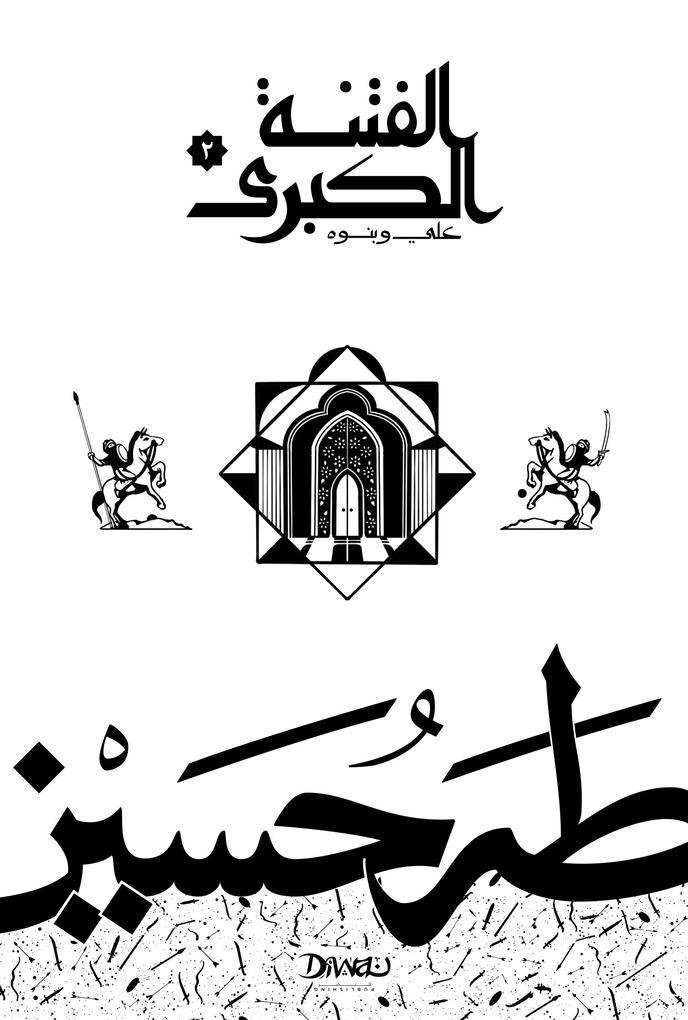
Sofort lieferbar (Download)
This is a hadith that I want to be sincere to the truth as long as I can be sincere to the truth alone, and to seek the truth in it as much as I can to find the truth, and to carry myself in it to be fair, not to deviate from it, nor to side with one party of the Muslims over another, nor to side with a group of those who have disputed over it. Othman's case without a team; I am not an Ottoman by heart, and I am not a Shiite of Ali, and I do not think about this issue as those who lived with Uthman and bore its burden with him and went mad with him or after him from its consequences. I want to look at this issue from a pure and abstract perspective, which does not emanate from emotion or desire, and is not influenced by faith or religion. Rather, it is the view of the historian who completely abstracts himself from tendencies, emotions, and whims, no matter how different their manifestations, sources, and goals are. This is how Dr. Taha Hussein presents his talk about one of the most dangerous and sensitive issues in Islamic history. In the second part, he continues what he concluded regarding the killing of Caliph Othman bin Affan and the assumption of the caliphate by Imam Ali bin Abi Talib in very delicate circumstances, as strife nearly ravaged the Islamic caliphate.
Produktdetails
Erscheinungsdatum
28. Juni 2024
Sprache
arabisch
Seitenanzahl
264
Dateigröße
1,61 MB
Altersempfehlung
von 12 bis 99 Jahren
Autor/Autorin
Taha Hussein
Verlag/Hersteller
Originalsprache
arabisch
Kopierschutz
mit Wasserzeichen versehen
Family Sharing
Ja
Produktart
EBOOK
Dateiformat
EPUB
ISBN
9789778683288
Entdecken Sie mehr
Bewertungen
0 Bewertungen
Es wurden noch keine Bewertungen abgegeben. Schreiben Sie die erste Bewertung zu "The Greater Sedition (Part II: Ali & His Sons)" und helfen Sie damit anderen bei der Kaufentscheidung.







